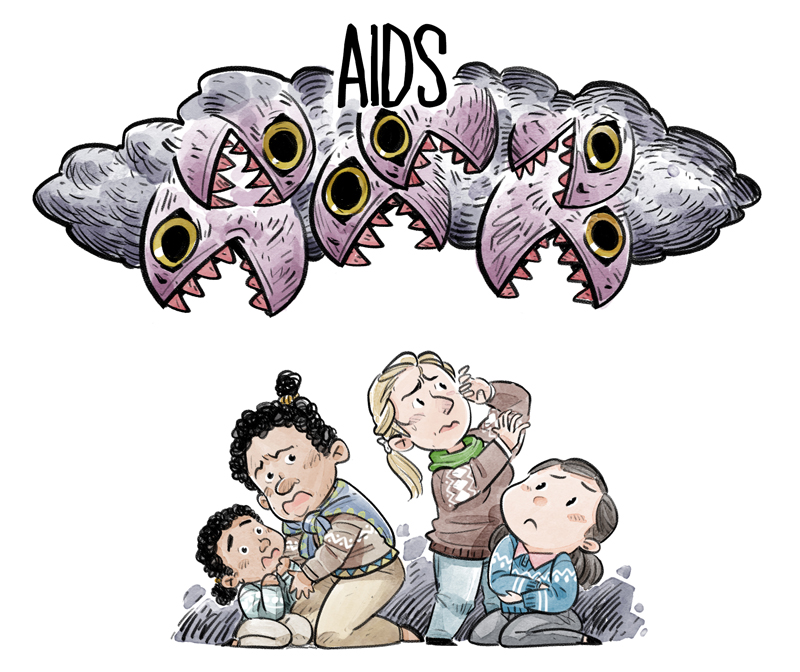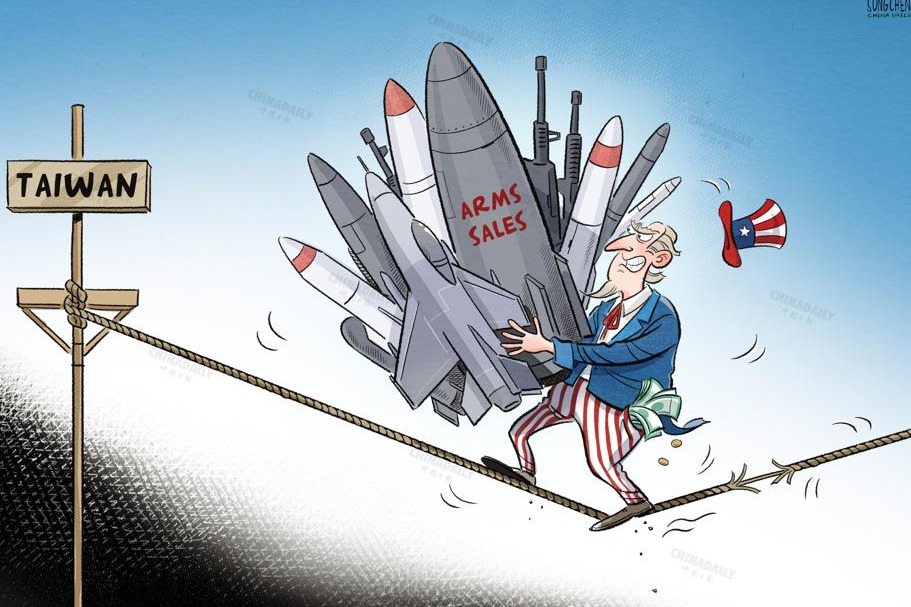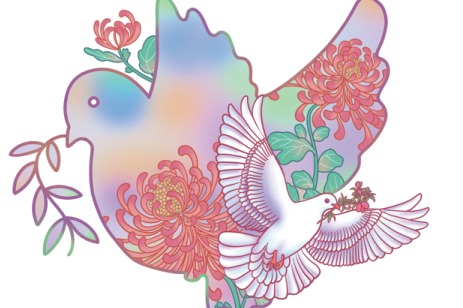To end AIDS, we must end inequality


The human immunodeficiency virus (HIV) epidemic has always been far more than a health issue. The virus thrives on inequality, insecurity, stigma and discrimination, marginalization, criminalization and exclusion. That's why the struggle to end the AIDS epidemic continues to be inseparable from the struggle for women's rights and the struggle to end all forms of discrimination.
Women and girls continue to be among the worst affected by the HIV epidemic because too often our societies do not value or respect their rights to a decent education, including to comprehensive sex education; to sexual and reproductive health and rights; and to their equal right to work and to financial independence. It all adds up to a denial of their life chances and their opportunities to make informed choices about their health and their future well-being.
These bad policies, laws and harmful social norms are having a terrible impact on women and girls. Just consider the following facts.
Worldwide, AIDS-related illnesses remain the biggest killer of women aged between 15 and 49. In sub-Saharan Africa, four out of five new infections among adolescents aged 15 to 19 are among girls. Young women in sub-Saharan Africa aged between 15 and 24 are twice as likely to be living with HIV than men.
It is unacceptable. It is avoidable. And it must change.
We must transform the landscape for women and girls. To end AIDS by 2030, we must put a stop to gender-based violence, inequality, and insecurity and ensure that women and girls have equal opportunities in education, employment and health.
Women and adolescent girls are demanding their right to information, education and health, to have their sexual and reproductive health and rights respected, and to be treated with dignity. Feminist leadership in this struggle is vital and women all over the world are already showing the way.
Governments must act on these demands by providing the resources and services to protect women's and girls' rights and properly respond to their rights and perspectives.
We need to change our societies so that everyone's life is considered precious and valuable, and every person's human rights are respected.
We cannot end AIDS if marginalized communities, including lesbian, gay, bisexual, transgender and intersex communities, people who use drugs, sex workers, prisoners and migrants continue to live in fear of violence and criminalization, and are denied the right to basic services. These groups of people and their sexual partners account for more than 54 percent of new HIV infections globally. And they, too, have human rights including the right to health.
It is time to turn words into practice.
Feminism, human rights and zero discrimination are principles that are deeply rooted across the world. The Joint United Nations Programme on HIV/AIDS (UNAIDS) is fully committed to working with all its allies and partners globally, including communities of people living with and affected by HIV to cultivate these shared values for social justice and to change our societies for good.
To end AIDS, we must end inequality. There is no other way.
The author is UNAIDS executive director. The views don't necessarily represent those of China Daily.


































